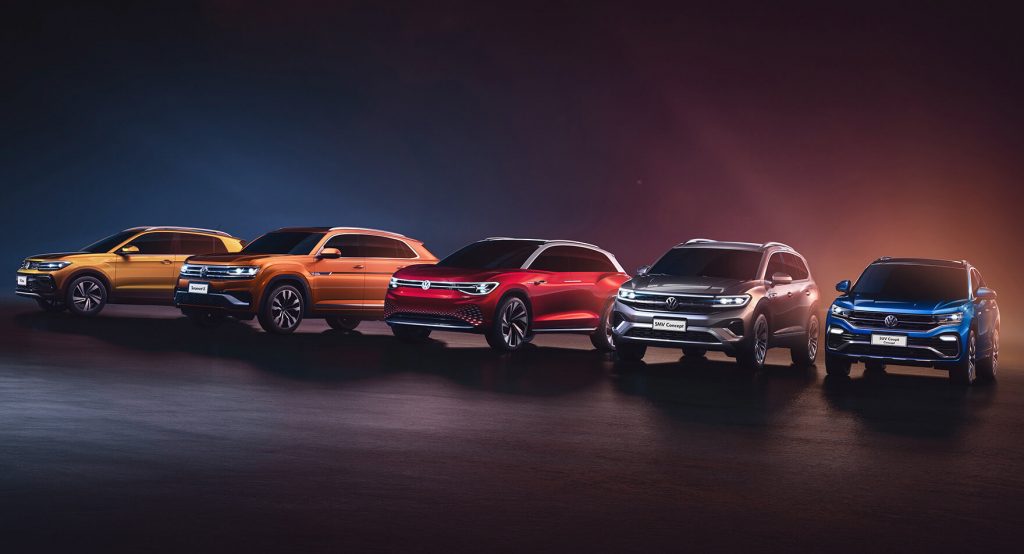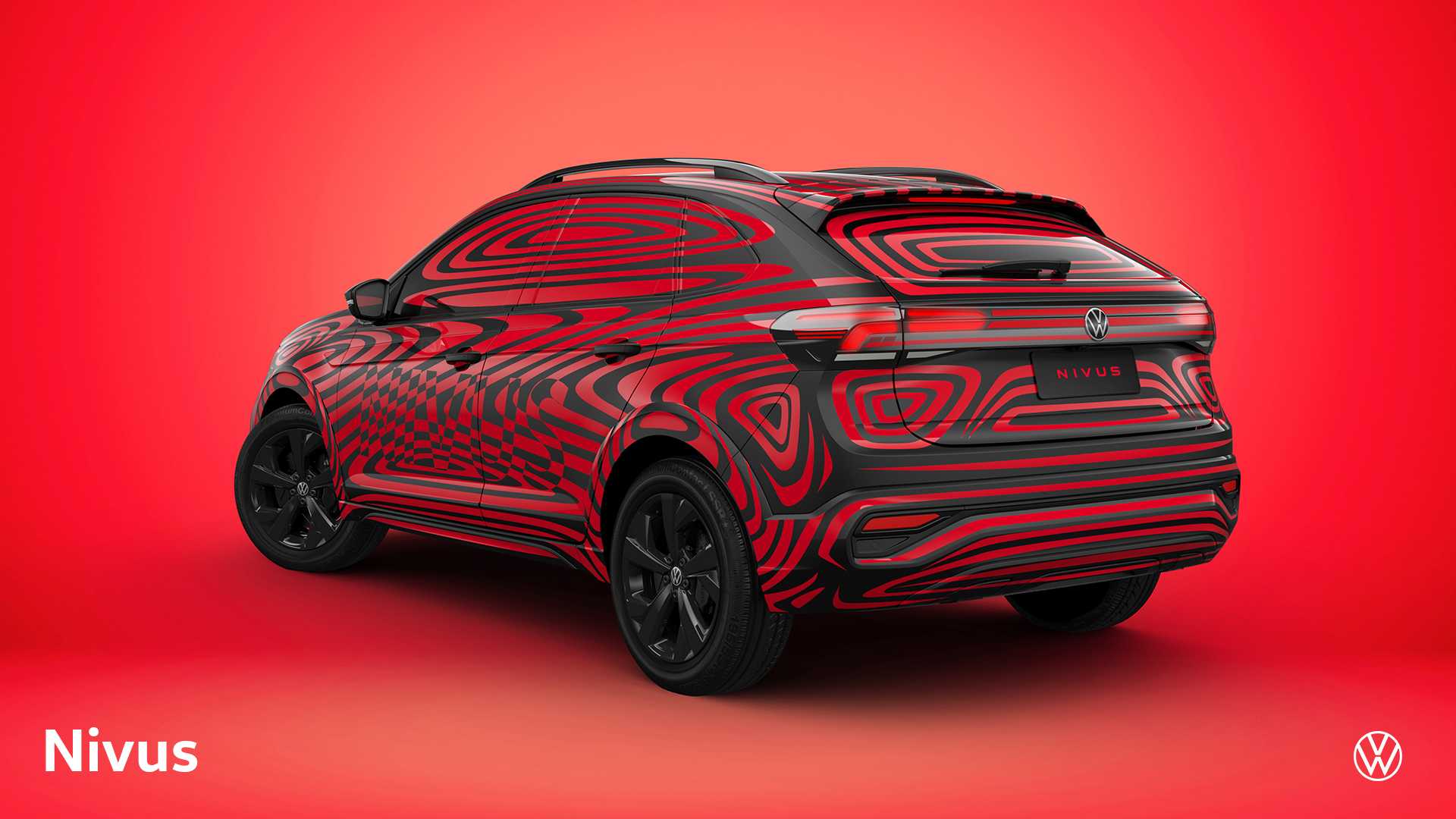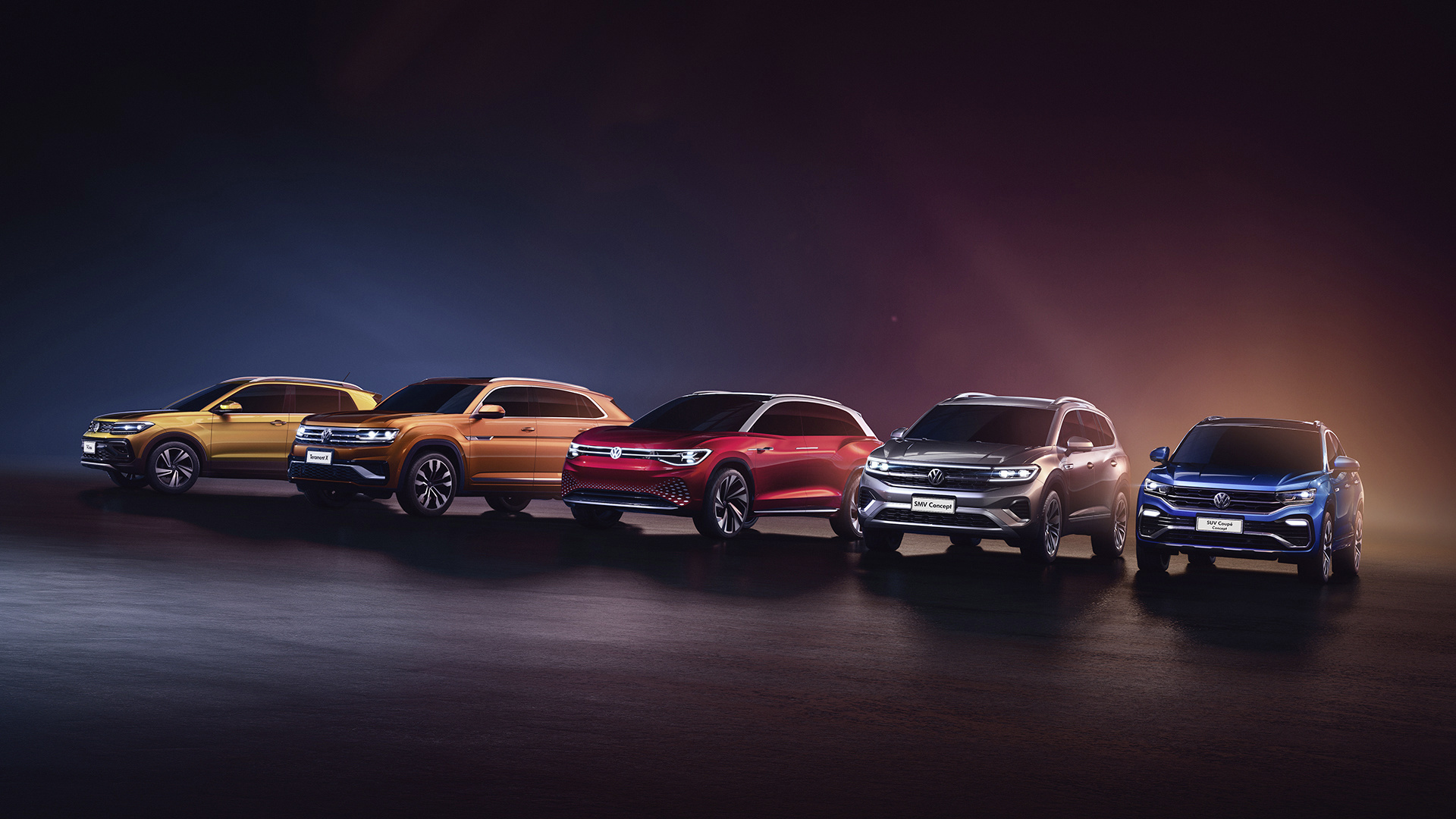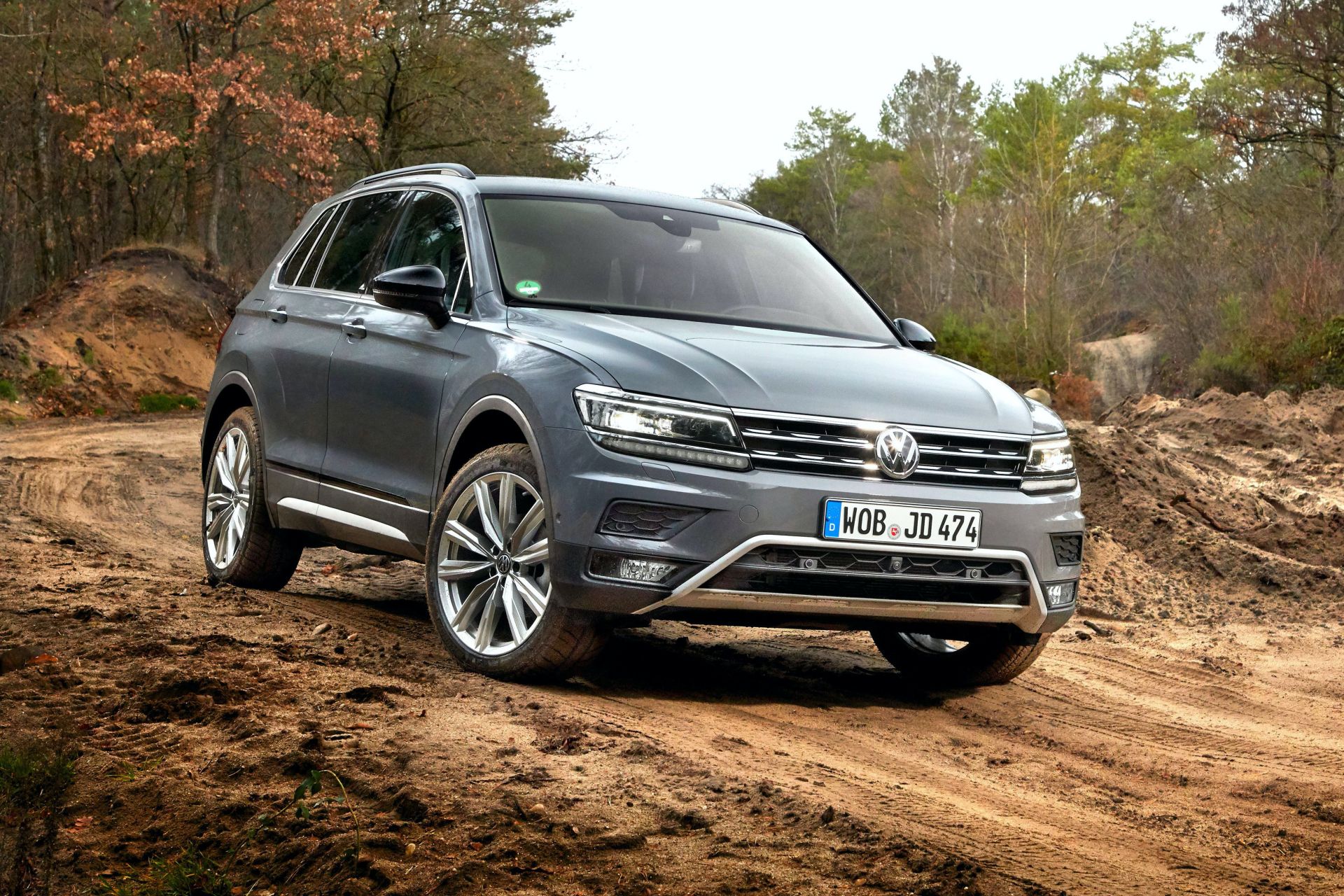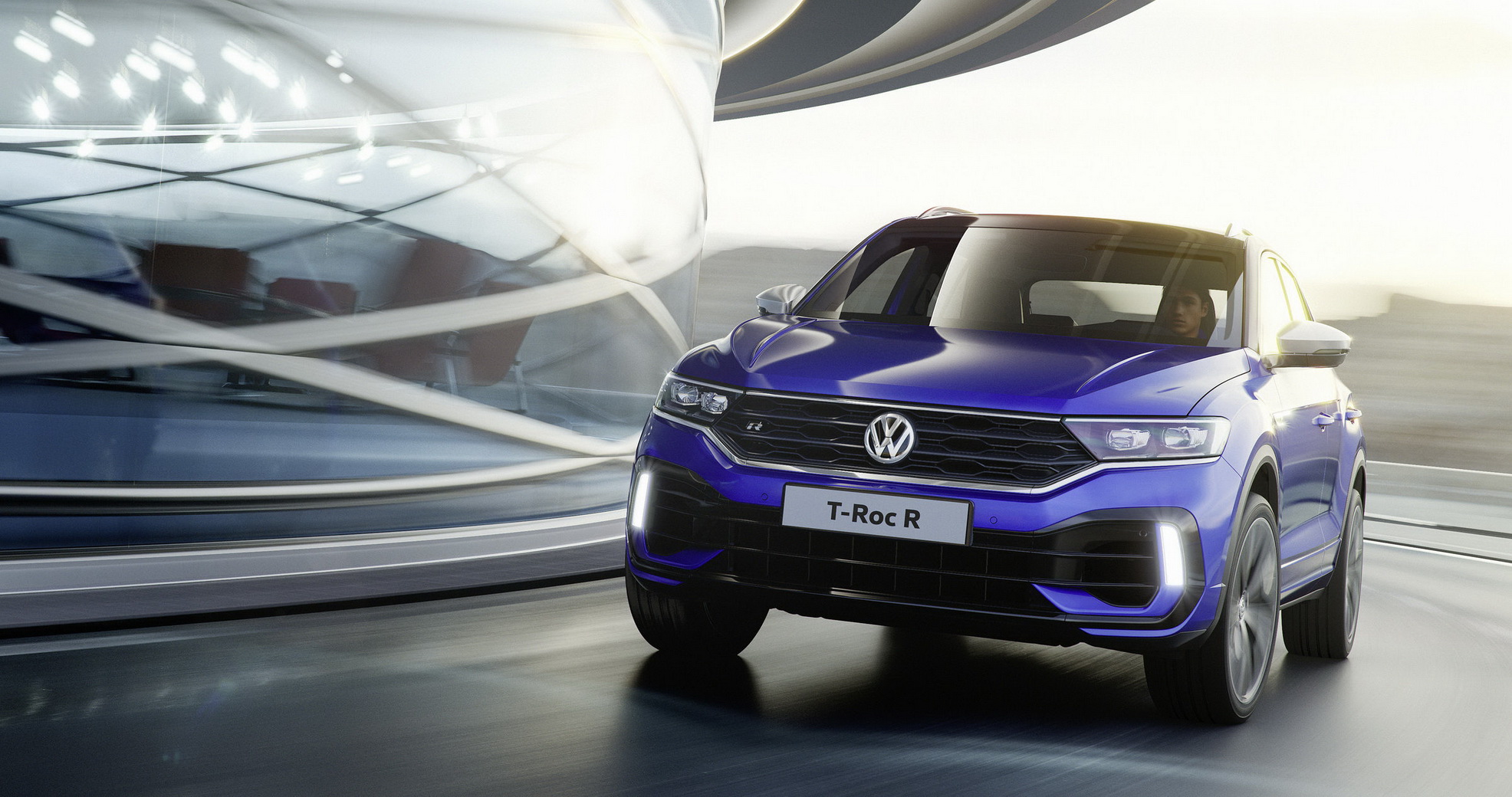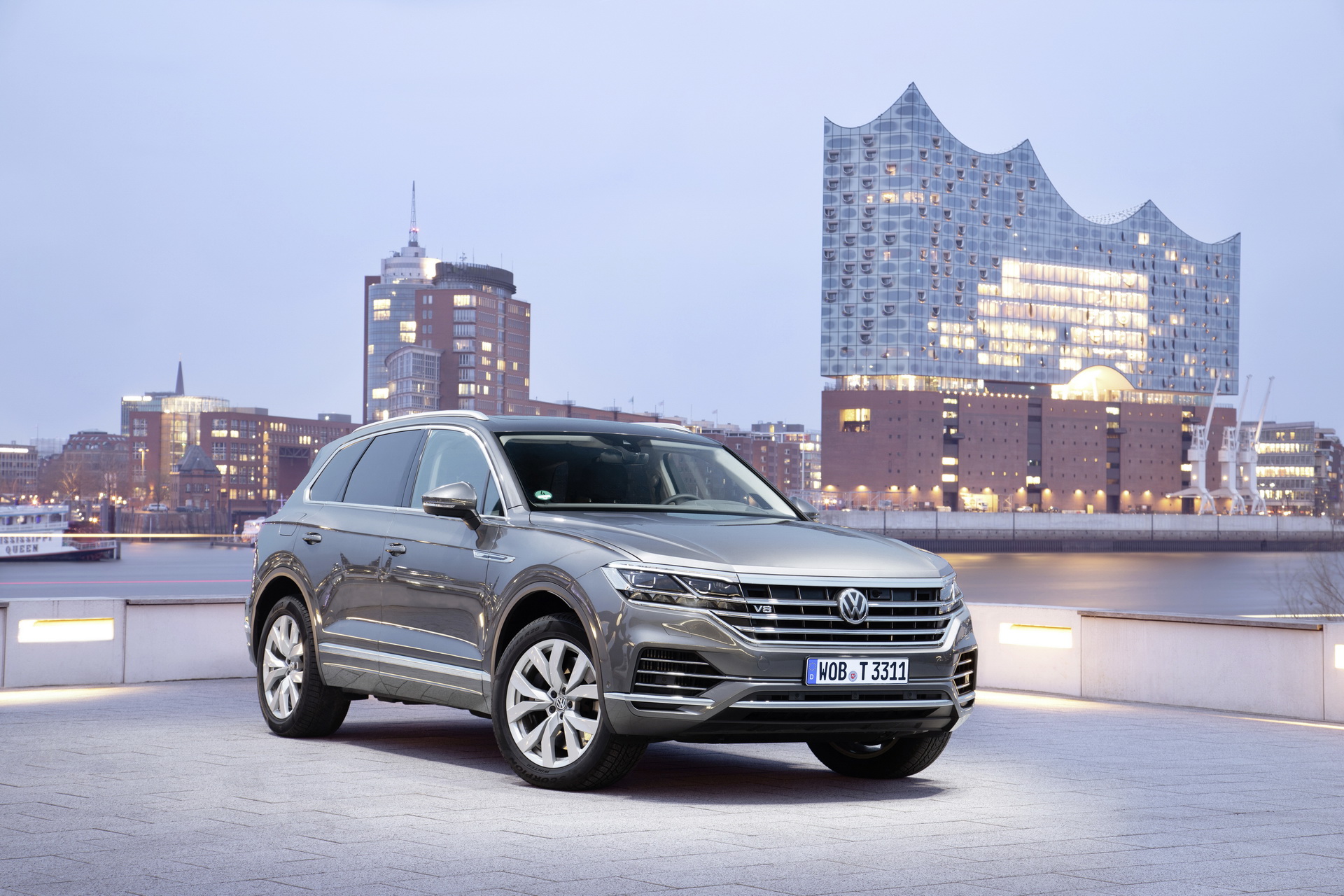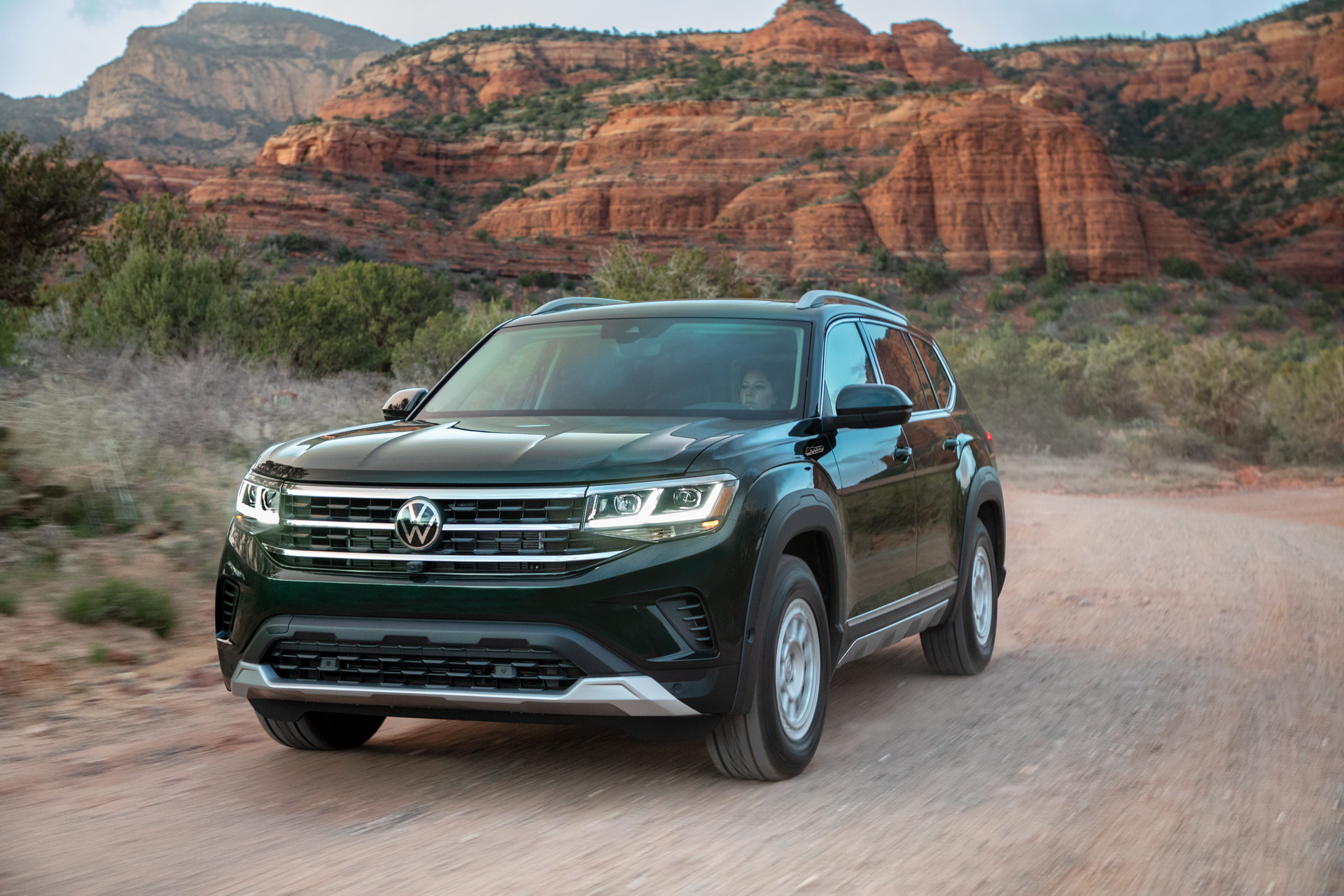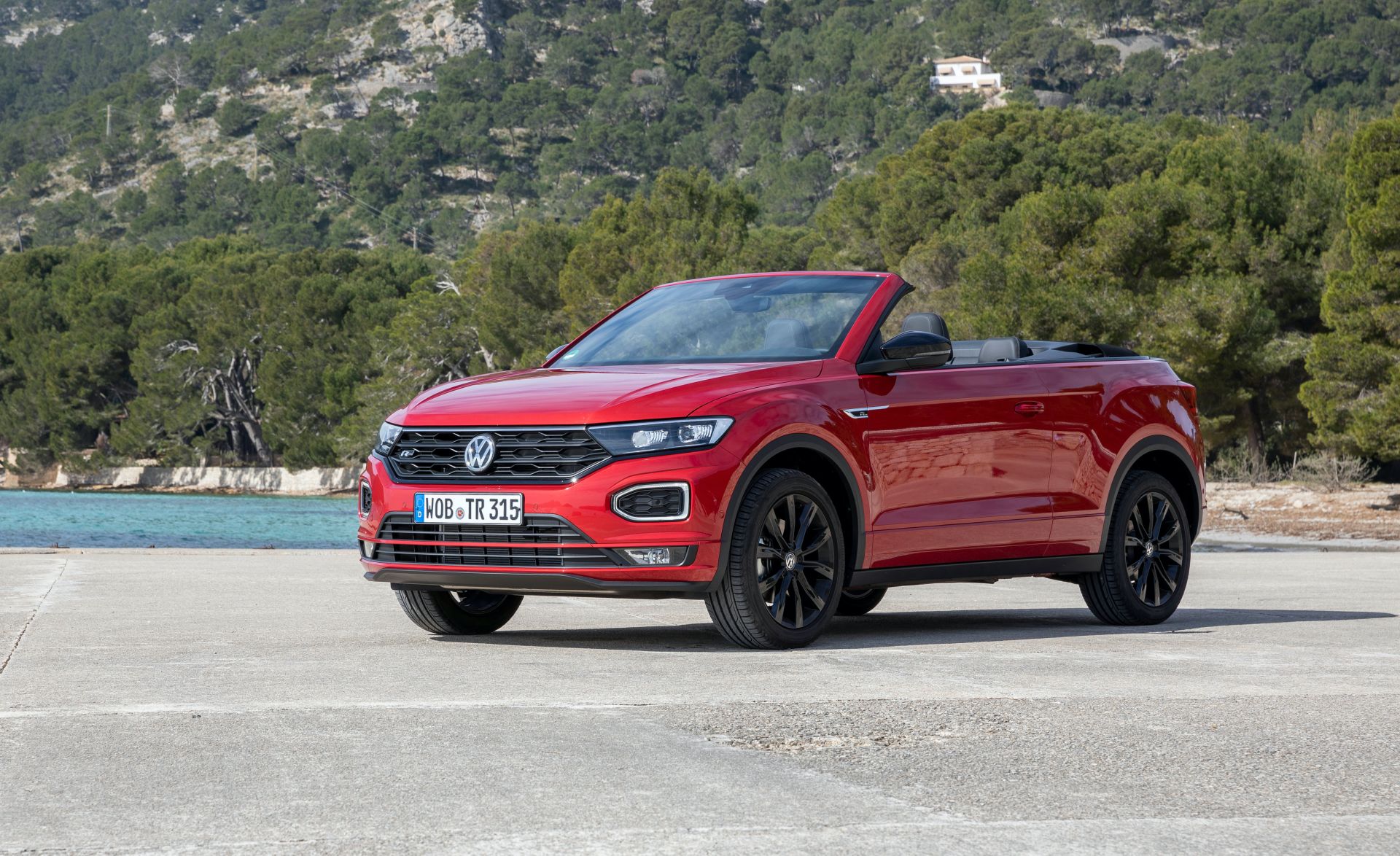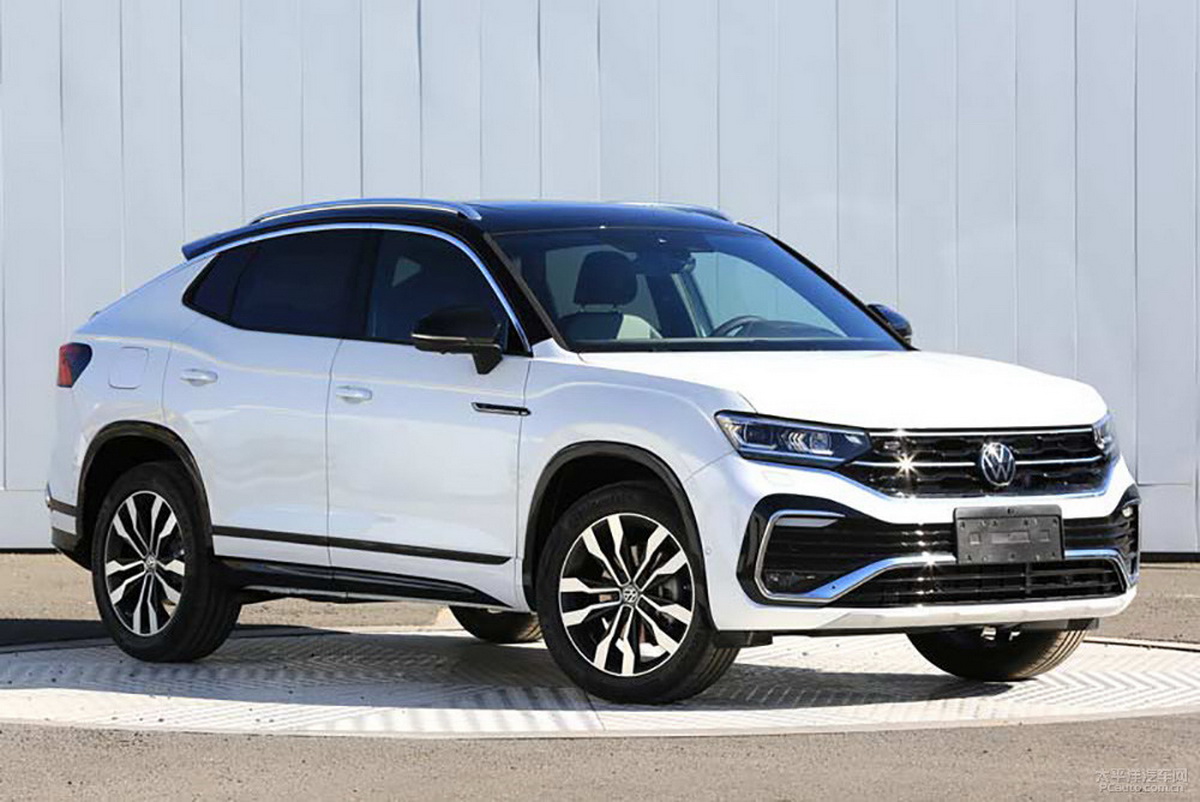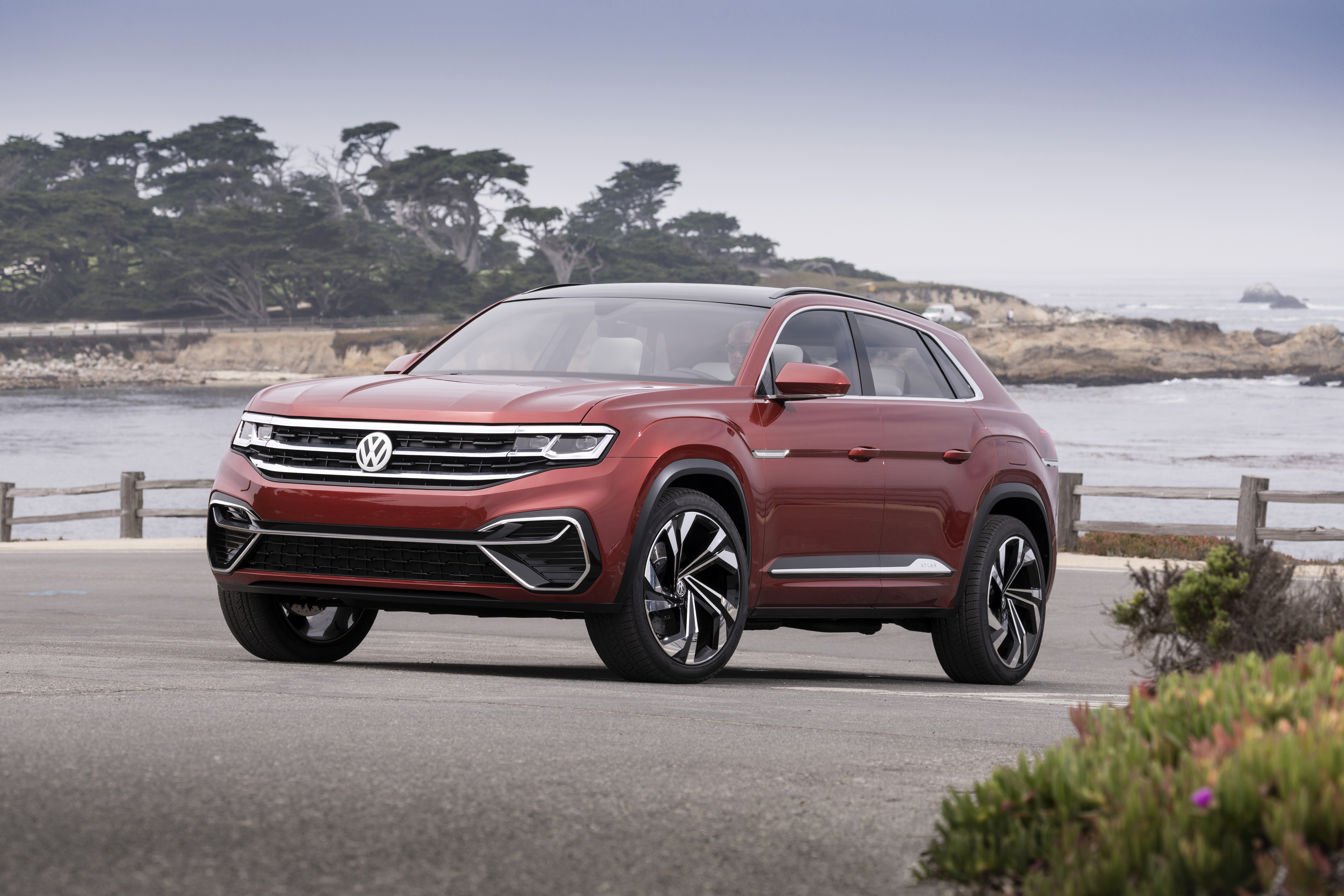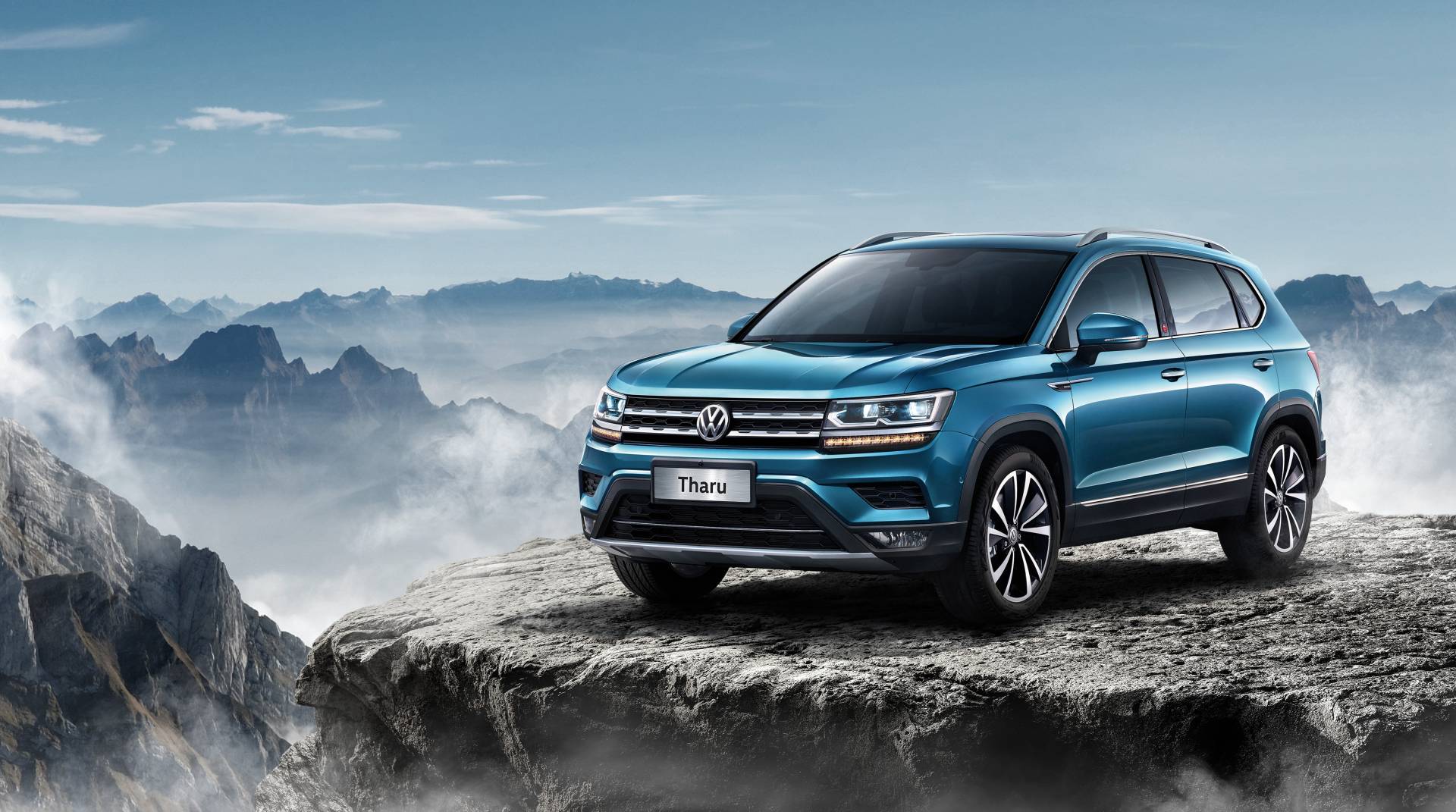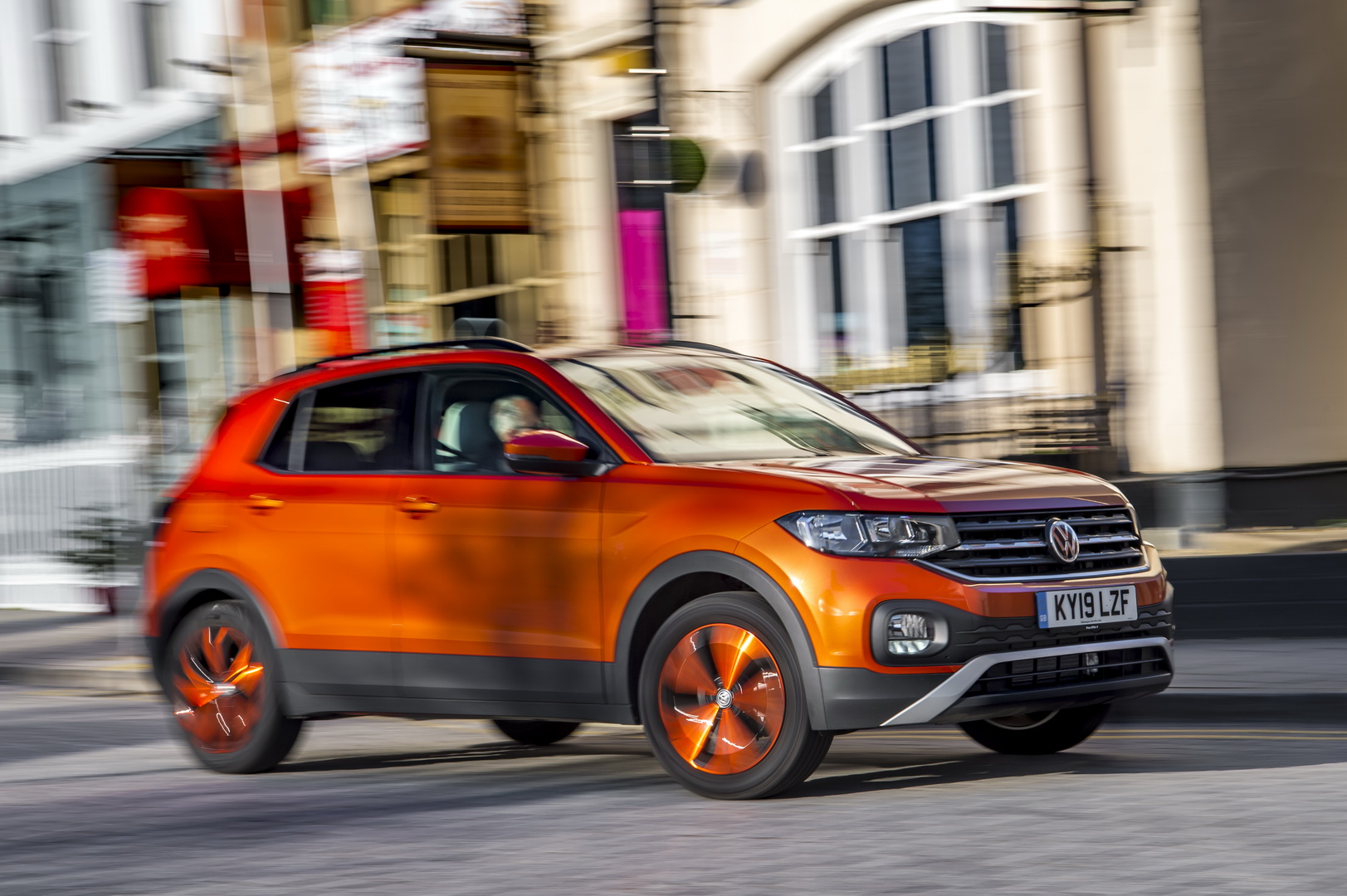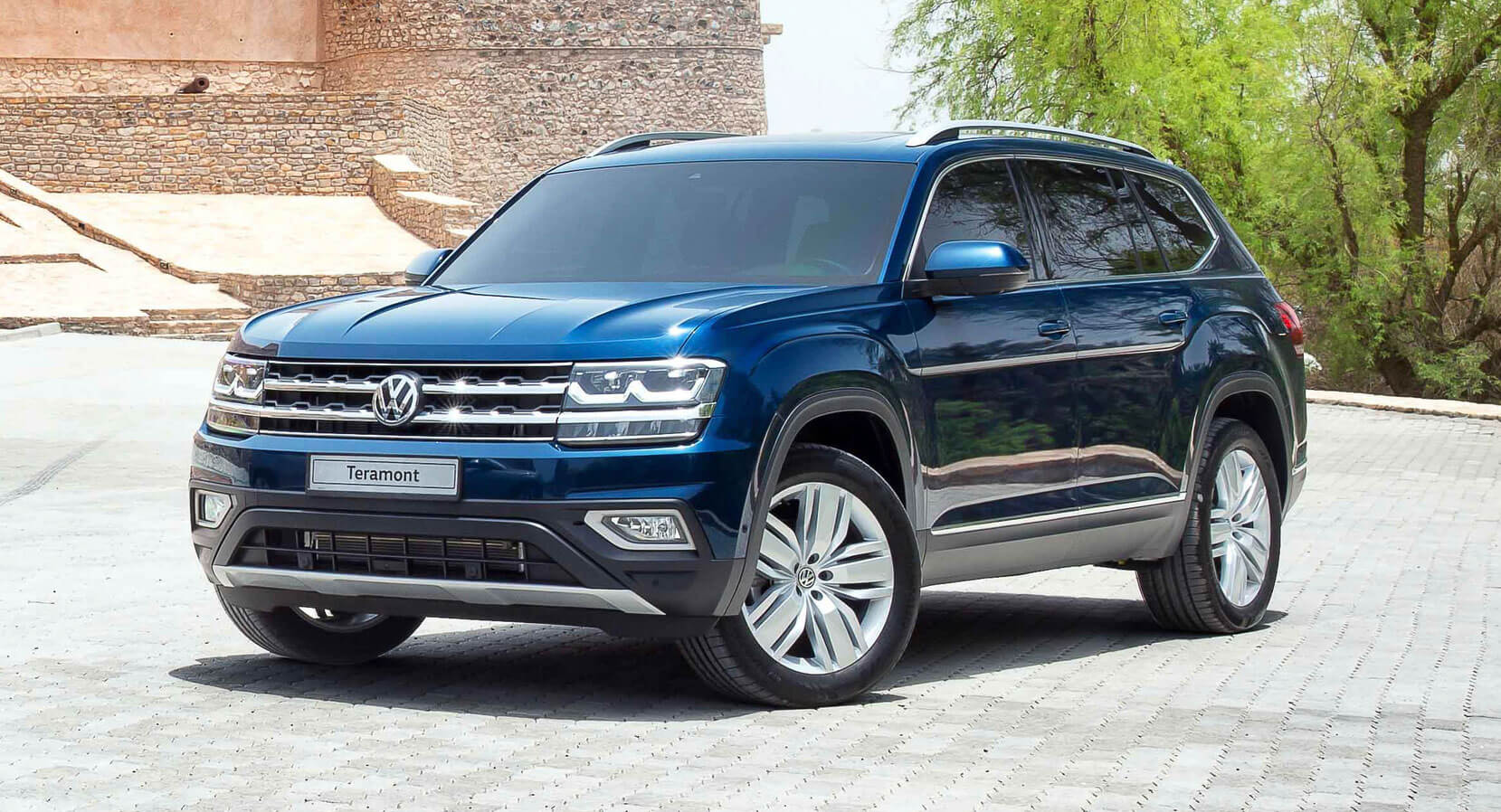Just a few years ago, Volkswagen only had two SUVs: the Touareg and Tiguan. However, the increased demand in such vehicles made them invest more and more money in the research and development of an expanded portfolio of crossovers.
As a result, they now have more than a dozen, with more in the pipeline. So, when will they stop expanding the family? That’s a tricky one, according to Autocar, which spoke to the company’s Research and Development boss Frank Welsch.
Read Also: Golf Who? Tiguan Becomes The VW Brand And Group’s 2019 Global Best-Seller
“I don’t think [the growth] is over, but we have enough [SUVs]. We do not need 10 more. We have to take care. We must have a portfolio that is efficient as a volume player”, he said. “If we have too many models and sell [only] 30,000 or 40,000 units a year, we can’t make money. We will focus on the cars that can be successful.”
While new vehicles have already launched or are in the making, others have been discontinued or will be phased off in the near future, leaving Volkswagen with a similar number of cars. “I don’t think we will have more cars than we have today”, added Welsch. “For SUVs, we are represented in every segment.”
VW will soon step into the world of electric SUVs too with the two versions of the ID.4: regular and coupe. In the U.S., customers can choose from the Tiguan, Atlas Cross Sport and Atlas, while in Germany, the brand’s home market, the offer is more generous. It includes the subcompact T-Cross, compact T-Roc and T-Roc Cabriolet, mid-size Tiguan and seven-seat Tiguan Allspace, and full-size Touareg. China’s offer is very comprehensive, featuring the Tharu, Tayron, Tiguan, Teramont, Teramont X and Touareg.



